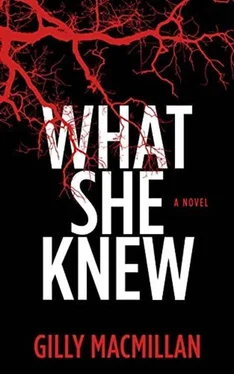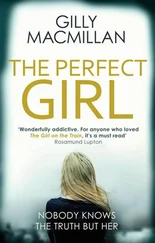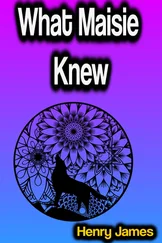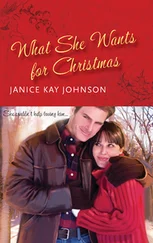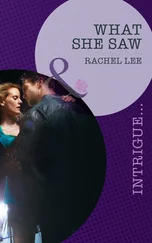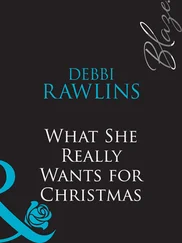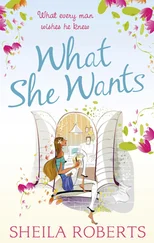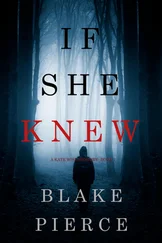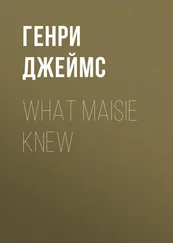
Gilly MacMillan
What She Knew
Copyright © 2015 by Gilly Macmillan
All characters and events in this publication, other than those clearly in the public domain, are fictitious and any resemblance to real persons, living or dead, is purely coincidental.
During the research for this novel I found a number of websites and papers to be a very valuable resource. Although I have made some references to these sources within this book, Burnt Paper Sky is entirely a work of fiction and all quotes and references are used fictitiously. Along with the characters and events in this novel, the blog posts, online comments and identities, newspaper articles, email addresses and many of the websites are entirely fictitious and any resemblance to actual persons, living or dead, or to actual websites, email addresses, online comments and identities, newspaper articles and blog posts is entirely coincidental.
Any mistakes in police procedure are mine, with apologies to the two retired detectives who kindly advised me. Bristol is as real as I could make it, although there is no playing field beside the Leigh Woods car park, and the descriptions of the interior of Kenneth Steele House are a product of my imagination.
Whatever else is unsure in this stinking dunghill of a world a mother’s love is not.
James Joyce
In a real dark night of the soul it is always three o’clock in the morning, day after day.
F. Scott Fitzgerald
NOVEMBER 2013 – ONE YEAR AFTER
In the eyes of others, we’re often not who we imagine ourselves to be.
When we first meet someone, we can put our best foot forward, and give the very best account of ourselves, but still get it horribly wrong.
It’s a pitfall of life.
I’ve thought about this a lot since my son Ben went missing, and every time I think about it, it also begs the question: if we’re not who we imagine we are, then is anybody else? If there’s so much potential for others to judge us wrongly, then how can we be sure that our assessment of them in any way resembles the real person that lies underneath?
You can see where my train of thought’s going with this.
Should we trust or rely on somebody just because they’re a figure of authority, or a family member? Are any of our friendships and relationships really based on secure foundations?
If I’m in a reflective mood, I consider how different my life might have been if I’d had the wisdom to consider these things before Ben went missing. If my mood is dark, I find fault in myself for not doing so, and my thoughts, repetitive and paralysing, punish me for days.
A year ago, just after Ben’s disappearance, I was involved in a press conference, which was televised. My role was to appeal for help in finding him. The police gave me a script to read. I assumed people watching it would automatically understand who I was, that they would see I was a mother whose child was missing, and who cared about nothing apart from getting him back.
Many of the people who watched, the most vocal of them, thought the opposite. They accused me of terrible things. I didn’t understand why until I watched the footage of the conference – far too late to limit the damage – but then the reason was immediately obvious.
It was because I looked like prey.
Not appealing prey, a wide-eyed antelope say, tottering on spindly legs, but prey that’s been well hunted, run ragged, and is near to the end. I presented the world with a face contorted by emotion and bloodied from injury, a body that was shaking with grief and a voice that sounded as if it had been roughly scraped from a desiccated mouth. If I’d imagined beforehand that an honest display of myself, and my emotions, however raw, might garner me some sympathy and galvanise people into helping me look for Ben, I was wrong.
They saw me as a freak show. I frightened people because I was someone to whom the worst was happening, and they turned on me like a pack of dogs.
I’ve had requests, since it was over, to appear again on television. It was a sensational case, after all. I always decline. Once bitten, twice shy.
It doesn’t stop me imagining how the interview might go though. I envisage a comfortable TV studio, and a kindly looking interviewer, a man who says, ‘Tell us a little about yourself, Rachel.’ He leans back in his chair, which is set at a friendly angle to mine, as if we’d met for a chat in the pub. The expression on his face is the sort that someone might make if they were watching a cocktail being made for them, or an ice-cream sundae if that’s your preference. We chat and he takes time to draw me out, and lets me tell my side of the story. I sound OK. I’m in control. I conform to an acceptable view of a mother. My answers are well considered. They don’t challenge. At no point do I spin a web of suspicion around myself by blurting out things that sounded fine in my head. I don’t flounder, and then sink.
This is a fantasy that can occupy long minutes of my time. The outcome is always the same: the imaginary interview goes really well, brilliantly, in fact, and the best thing about it is that the interviewer doesn’t ask me the question that I hate most of all. It’s a question that a surprising number of people ask me. This is how they might phrase it: ‘Before you discovered that Ben had disappeared, did you have any intuition that something bad would happen to him?’
I hate the question because it implies some kind of dereliction of duty on my part. It implies that if I were a more instinctive mother, a better mother, then I would have had a sense that my child was in danger, or should have done. How do I respond? I just say ‘No.’
It’s a simple enough answer, but people often look at me quizzically, brows furrowed in that particular expression where a desire to mine someone for gossip overwhelms sympathy for their plight. Softly crinkled foreheads and inquisitive eyes ask me, Really? Are you sure? How can that be?
I never justify my answer. ‘No’ is all they need to know.
I limit my answer because my trust in others has been eroded by what happened, of course it has. Within many of my relationships doubt remains like slivers of broken glass, impossible to see and liable to draw blood even after you thought you’d swept them all away.
There are only a very few people that I know I can trust now, and they anchor me to my existence. They know the whole of my story.
A part of me thinks that I would be willing to talk to others about what happened, but only if I could be sure that they’d listen to me. They’d have to let me get to the end of my tale without interrupting, or judging me, and they’d have to understand that everything I did, I did for Ben. Some of my actions were rash, some dangerous, but they were all for my son, because my feelings for him were the only truth I knew.
If someone could bear to be the wedding guest to my ancient mariner, then in return for the gift of their time and their patience and their understanding, I would supply every detail. I think that’s a good bargain. We all love to be thrilled by the vicarious experience of other people’s ghastly lives after all.
Really, I’ve never understood why we haven’t thought of an English word for Schadenfreude . Perhaps we’re embarrassed to admit that we feel it. Better to maintain the illusion that butter wouldn’t melt in our collective mouths.
Читать дальше
